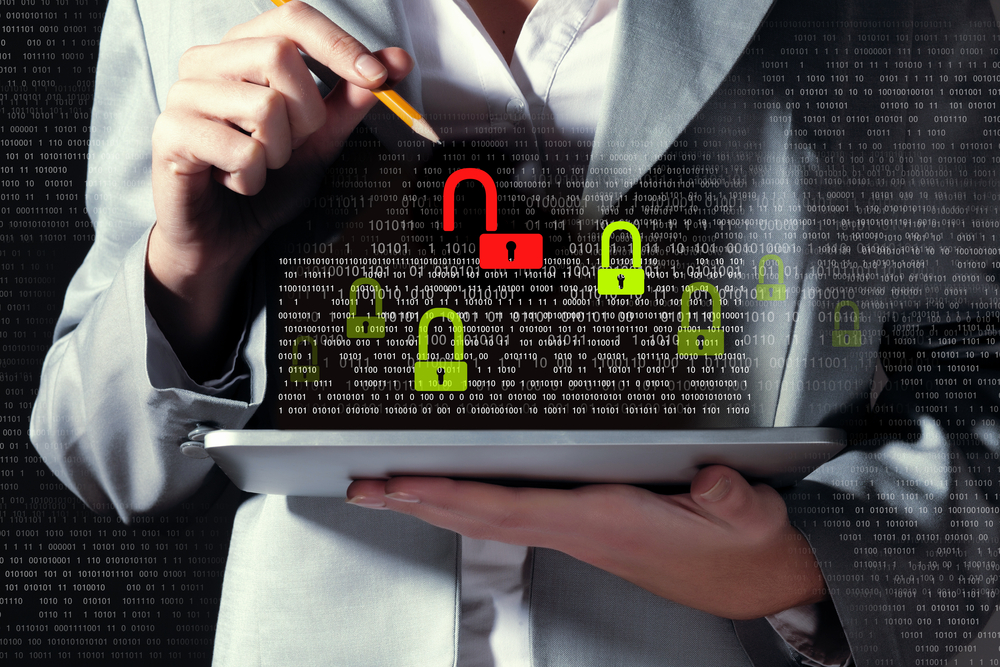<p style="text-align: justify;">If you spend time online, the hope is you do not have a carefree attitude with identity theft.</p>
<p style="text-align: justify;">That said too many consumers fail to recognize the hidden dangers being on a computer can bring.</p>
<p style="text-align: justify;">So, is your computer inviting trouble?</p>
<h2 style="text-align: justify;"><strong>Be Pro-Active in Thwarting Online Criminals</strong></h2>
<p style="text-align: justify;">For you to try and keep online criminals at arm’s length, it is important that you do not give them any help.</p>
<p style="text-align: justify;">Keep in mind that many criminals working in the world of technology are experts at what they do. As such, they can cause you financial hardships and more in mere minutes.</p>
<p style="text-align: justify;">Your first pro-active step is to find an online identity theft protection service.</p>
<p style="text-align: justify;">Such services work to keep all your personal information safe from would-be thieves.</p>
<p style="text-align: justify;">With that in mind, you should look at solutions like Identity Force.</p>
<p style="text-align: justify;">Companies such as this will help check your personal financial details. In the event someone attempts to infiltrate them, you get an alert.</p>
<p style="text-align: justify;">The services can be credit card and fraud monitoring, protection of medical identity info and more.</p>
<p style="text-align: justify;">In shopping for such services, be sure to sit down and take some time comparing some these providers. Once you have done that, you should be able to decide which one best fits your needs.</p>
<p style="text-align: justify;">It is also a good idea to review your online activities on a regular basis.</p>
<p style="text-align: justify;">Among the practices you want to avoid:</p>
<ul style="text-align: justify;">
<li><strong>Password regularity</strong> – It is a good idea for you to change your password or passwords on a regular basis. One of the things online criminals look for is a consumer who doesn’t take care of his or her computer activities. If you have a simple password that most people could figure out, you are vulnerable. In the event you never change it, you can also be vulnerable.</li>
</ul>
<ul style="text-align: justify;">
<li><strong>Public computers</strong> – While it is fine to use computers in libraries and other venues, do it with safety in mind. For example, do you do your online banking or <a href="https://incrediblemag.com/320/7-best-tips-to-safely-shop-online/">shop online</a> in public settings? If so, you could be opening yourself up to trouble. Activities such as that are best done at home or in your office where you are confident of your security. Even when doing these activities at home, don’t let your guard down</li>
</ul>
<ul style="text-align: justify;">
<li><strong>Downloading emails</strong> – One way criminals try and get to people is to send them emails with viruses. Their goal is that once the individual opens up the email with a virus, they will then have access to personal info. Although not all malware and viruses will lead to trouble, if it looks the least bit suspicious, do not open it.</li>
</ul>
<ul style="text-align: justify;">
<li><strong>Your children</strong> – When you have children, they’re going to want to be online more times than you would like. That said make sure they do it each time in a safe manner. This is especially important for their personal security. Not only should they not give out details such as where you bank, but also where you live, where they go to school etc.</li>
</ul>
<p style="text-align: justify;">In avoiding trouble when you use a computer, put good commonsense to work.</p>
<p style="text-align: justify;">When you do, your online experiences are less likely going to leave you reeling.</p>

Is Your Computer Inviting Trouble?
